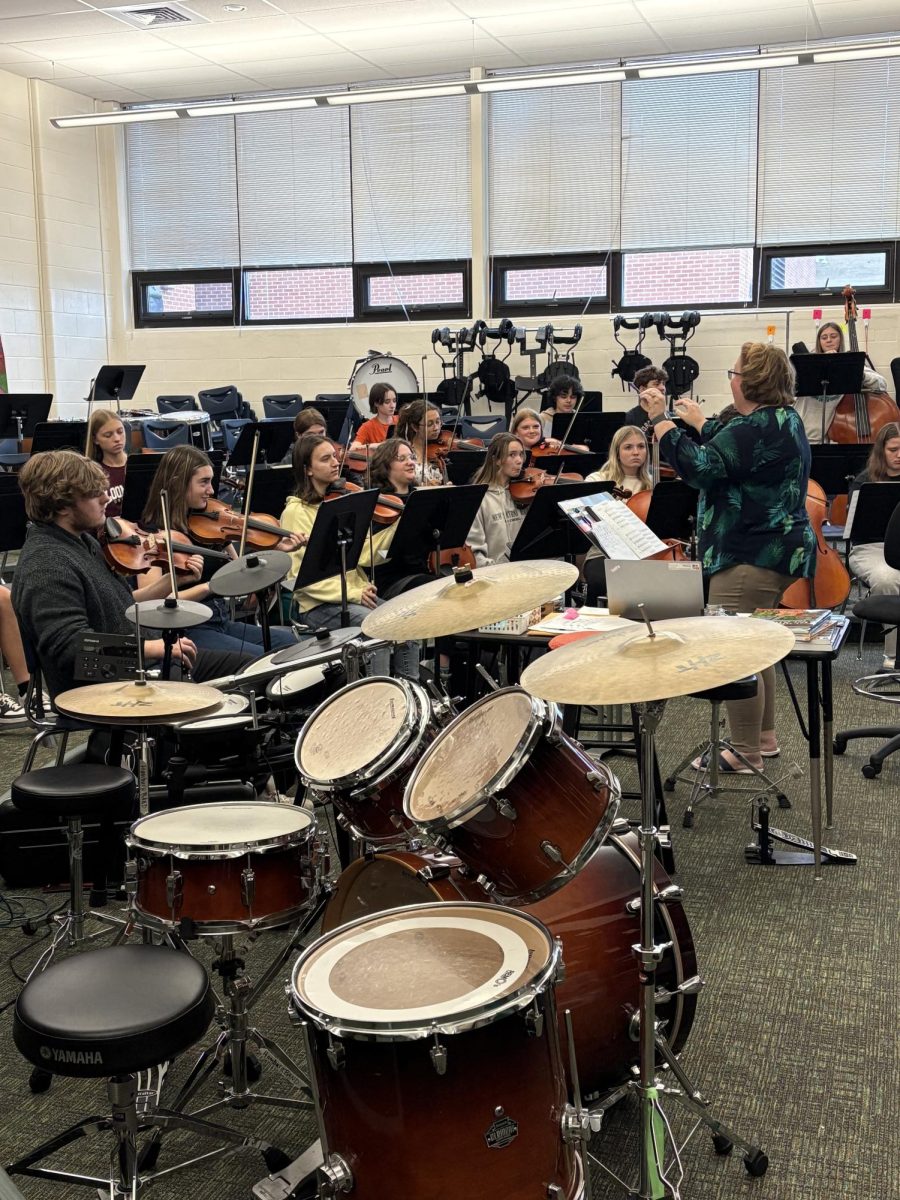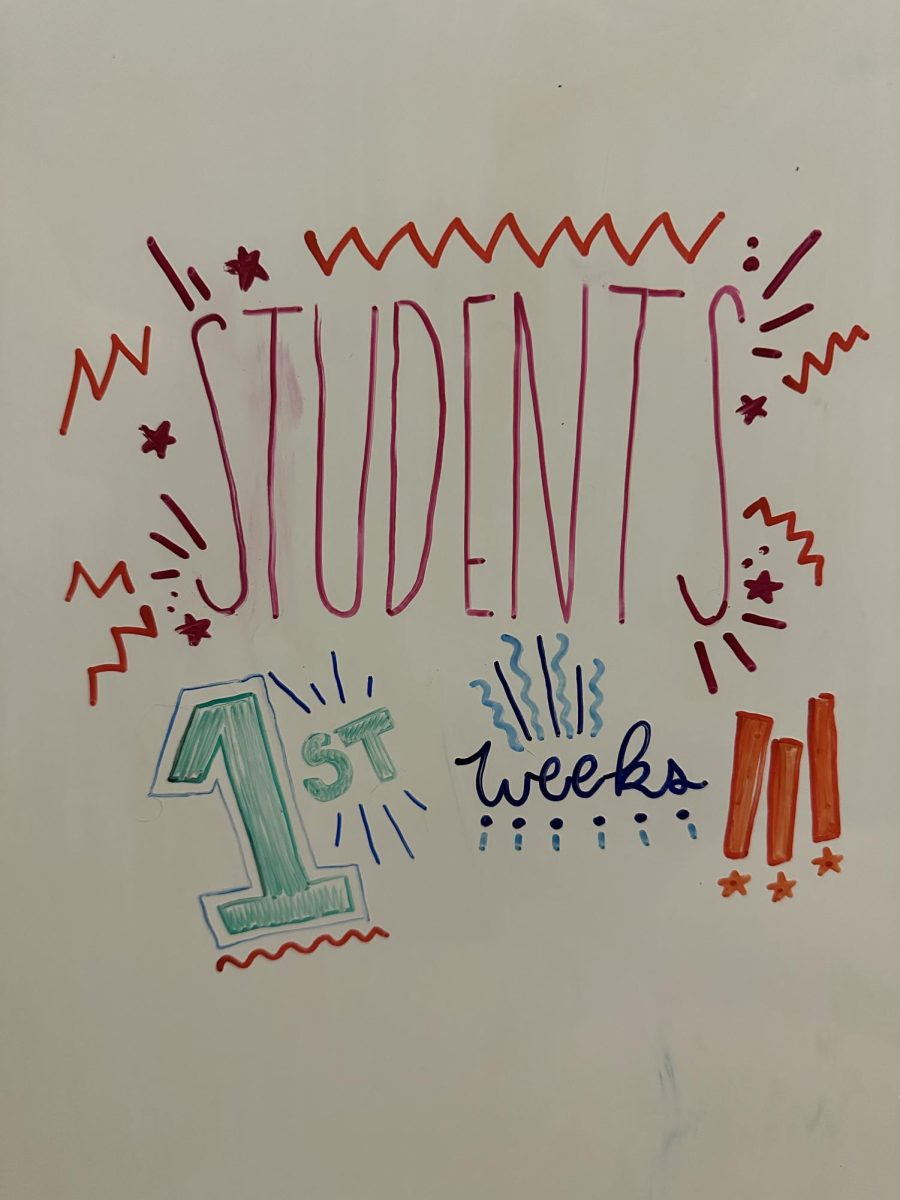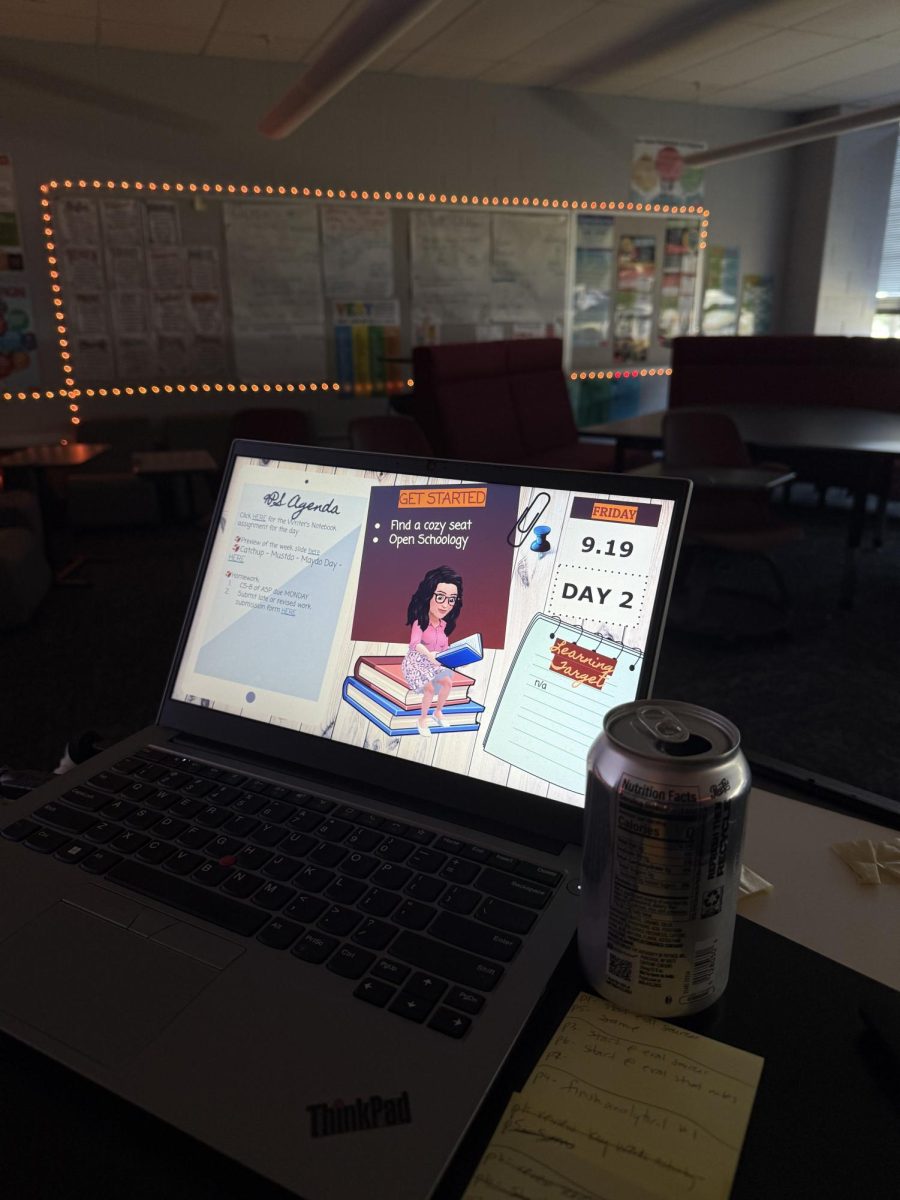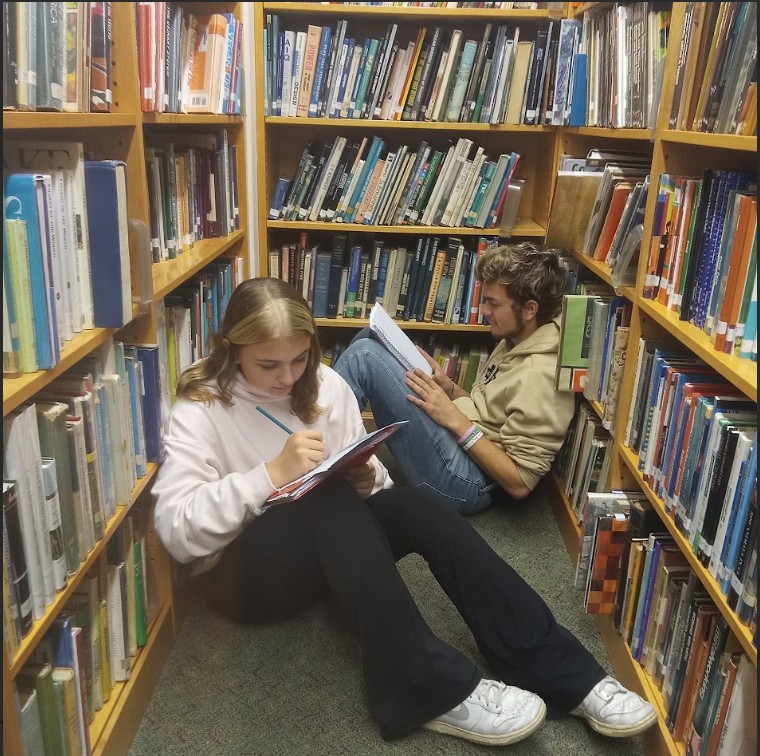Students are often surrounded by the loud and hectic environments their peers and society create. It is a common distraction, prolonging work beyond school hours and hurting the balance between school and life. Though noise is difficult to avoid, doing so can benefit work output and productivity.
The negative effects of a noisy environment are not limited to being a temporary distraction. Instead, it leads to long-term detriments to one’s learning ability, especially for young people. For instance, a study in the 70s found that students learning to read closer to a noisy subway were behind in their reading ability by one year compared to their peers in a quieter part of the same school, according to Time Magazine. Early learning is the key to success but sounds undermine kids’ ability to consolidate base knowledge. As such, noise should be avoided for those who want their education worthwhile.
Students should choose a silent environment to improve their concentration and create new brain connections when looking for where to study. When someone is in solitude, they are engrossed in their work and more likely to reflect on similar past learning experiences rather than focusing on present distractions. Moreover, the brain could potentially be better at storing information for people in quiet spaces. For example, an experiment found that mice in silence for two hours a day grew more neurons in their brains in contrast to mice that listened to classical music and abstract background noise for the same amount of time. High school junior Dylan Gough concurred with the mice study, mentioning his experience studying. “I agree, because I feel like I work better in silence than when music’s playing in my ears,” he said. Though humans are not mice, they share 85% of their DNA with them, as the Lawrence Livermore National Laboratory states. Therefore, working in silence is a logical and passive way of improving productivity, whether one believes the evidence could be applied to people.
The upsides of silence can help greatly improve students’ work output. Furthermore, it can help bring a feeling of calm during the restless holiday season. However, those who want to add solitude to their study sessions should note that it is not for everyone. Instead, it is just one of many habits students can use to enhance their productivity.
For more information, visit https://time.com/6210320/how-listening-to-silence-changes-our-brains/ and https://www.llnl.gov/sites/www/files/2020-05/compgen-str-dec-99.pdf.
































